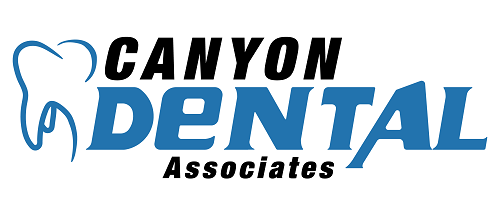Dental Hygiene, Are dental cleanings important?
Dental cleanings are important to maintain healthy teeth and gums.
However, there are different types of cleanings, and each may require a different patient payment. The type of cleaning you need-regular cleaning, deep cleaning, or periodontal maintenance-is determined by dentist based upon the clinical condition of your teeth and gums and your history of periodontal disease and treatment. If you have questions about the type of cleaning recommended for you, take time to discuss this with your dentist.
What are the different types of cleaning?
A prophylaxis, sometimes called a regular cleaning, is considered a preventive procedure where the dentist or hygienist removes plaque, tartar, and stains from the teeth. The dentist may recommend this procedure at regular intervals, possibly once or twice per year, for patients whose gum health is generally good. A regular cleaning may also be appropriate for patient with a gum condition limited to gingivitis, or gum inflammation.
Periodontal scaling and root planning is often called a “deep cleaning.” A dentist will recommend scaling and root planning (srp) when a patient shows signs of gum disease. These signs may include the finding of deeper gum pockets, loss of support for the teeth that is visible on x-rays, bleeding gums, and accumulation of plaque and tartar below the gums. SRP procedures are
generally completed in quadrants (or sections of the mouth), and may require the dentist or hygienist to numb the treatment area so that the crown and root surface of the teeth can be thoroughly scaled and cleaned.
A periodontal maintenance is a procedure that is recommended following periodontal treatment such as scaling and root planning and continues at varying intervals, determined by the clinical evaluation of the dentist. This procedure is important because periodontal disease can recur without adequate follow up. Periodontal maintenance includes removal of plaque and tartar above and below the gums, scaling and root planning of specific areas, and polishing. This procedure is always done after active periodontal treatment such as scaling and root planning or gum surgery.
In rare occasions when there has been the significant buildup of plaque and tartar that makes it difficult to complete a though examination, the dentist may recommend full mouth debridement(FMD). FMD is the gross removal of plaque and tartar build up from the teeth and gums. This product does not prevent the need for additional scaling and teeth cleaning procedures.
Soft Tissue Management is an individualized plan to eliminate infection of the gums and root surfaces. An appropriate plan will be chosen by your dentist, hygienist and you. The dentist will perform the treatments to help eliminate infection and make recommendations to help you more effectively clean your teeth daily, and guide you through our efforts to achieve and maintain oral health with a take-home kit.
